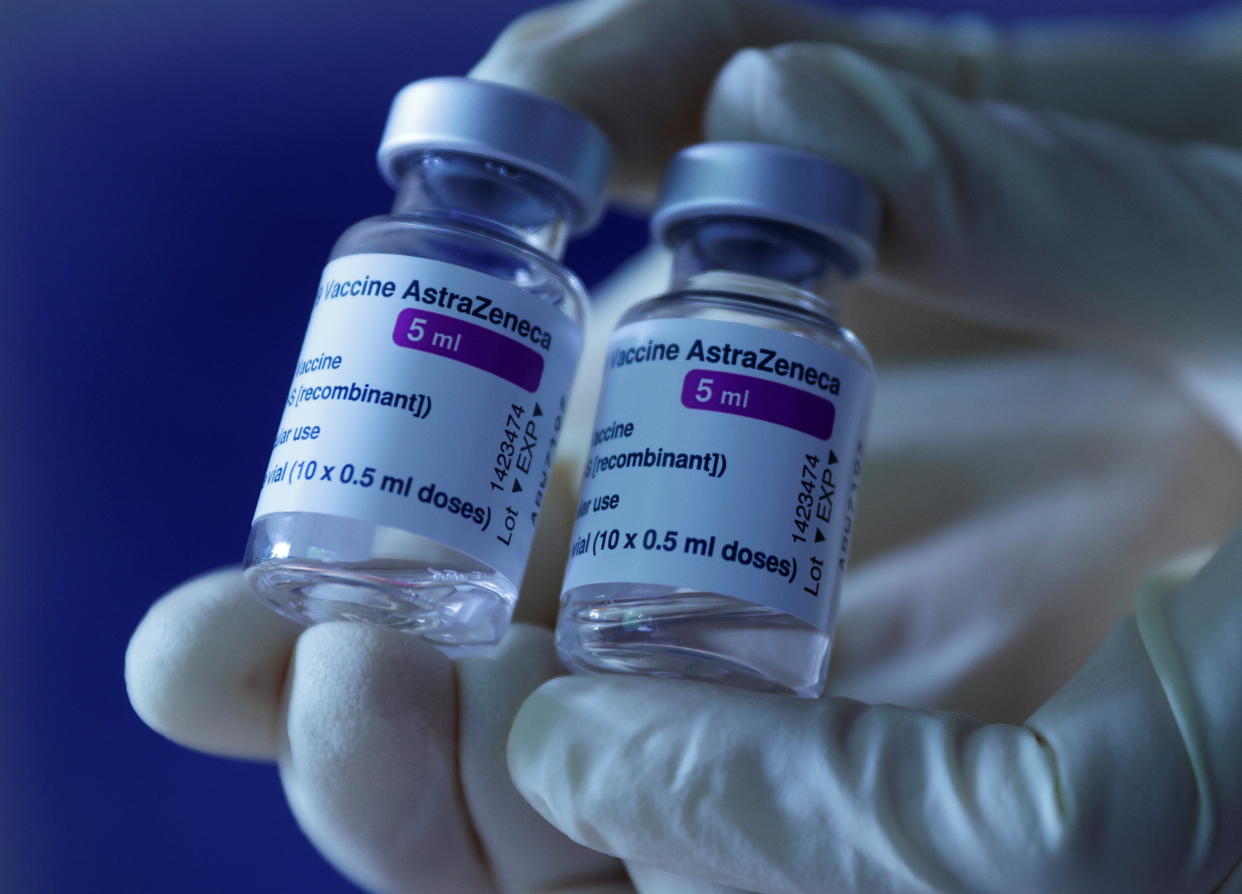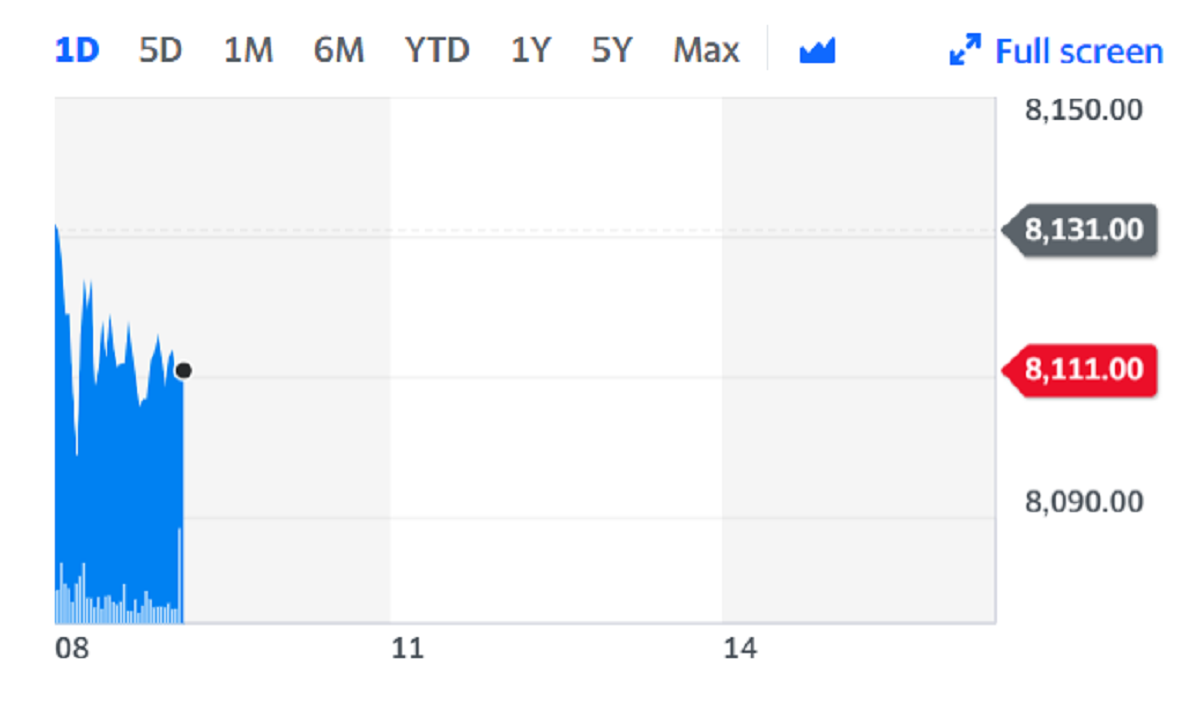Japan approves AstraZeneca COVID vaccine ahead of Tokyo Olympics

AstraZeneca’s (AZN) COVID-19 vaccine has received the greenlight from regulators in Japan, however, traders failed to approach the news with much cheer as the stock traded flat on Friday.
The move, which also includes the approval of the Moderna (MRNA) vaccine, will now allow the country’s sluggish vaccine rollout programme to gain pace.
Japan has inoculated just 4% of its population of about 125 million people so far, using the Pfizer (PFE) jab that received approval in February. This is the slowest rate among the world's larger countries.
It has previously blamed scarce supplies and other logistical bottlenecks for its slow-moving campaign.
On Thursday night Japan’s health minister Norihisa Tamura said the approval of the vaccines was similar to building extra railway tracks: “It means that the vaccination roll-out will be smoother.”

The emergency expansion will approximately cover 40% of the population as Japan deals with rising infection rates just nine weeks before the opening of the Tokyo Olympics. Prime minister Yoshihide Suga has pledged to finish vaccinating Japan’s 36 million elderly population by the end of July, when the games are to be held.
More than half of Japan’s 12,000 COVID-19 deaths have happened since February, with the number of patients in serious condition hitting a record high this week.
The government has arranged to buy 120 million doses of Astra's vaccine, enough to vaccinate 60 million people. Most of the doses will be made in Japan by pharmaceutical firms Daiichi Sankyo Co (4568.T), JCR Pharmaceuticals Co (4552.T) and other local partners.
However, officials are believed to be considering limiting the recommended age group for AstraZeneca's vaccine due to concerns surrounding blood clots.
Watch: Greg Hunt on AstraZeneca hesitancy
Read more: Under-30s in UK will not be given AstraZeneca COVID vaccine due to ‘very rare’ risk of blood clots
Meanwhile, supplies of the Moderna doses have already been imported and are planned for use at mass vaccination centres in Tokyo and Osaka from next week.
"We continue to expand global access to our vaccine and today's approval brings us one step closer to providing [the vaccine] to the people of Japan who urgently need protection from coronavirus," Mene Pangalos, executive vice president, BioPharmaceuticals R&D, said.
"We are proud to have produced a vaccine for the world, which is playing a leading role in the global fight against the pandemic, with more than 400 million doses now supplied by AstraZeneca and sub-licensees to 165 countries."
It comes after International Olympic Committee chief Thomas Bach said at least three-quarters of athletes and team members staying at Tokyo's olympic village will be vaccinated before the games, which open on 23 July.
Organisers have insisted that the event can be held safely this summer, however public opinion remains largely opposed as infections surge in Japan, with regions including Tokyo currently under a virus state of emergency.
Recent polls have found that more than 80% of Japanese oppose hosting the summer games.
Earlier this week Oxford Biomedica announced that it was doubling the volume of vaccines it is making for Astra on the back of increased demand for the jab.
The biotech is one of two companies in Britain that manufactures the jab for AstraZeneca, and is the pharmaceutical giant's biggest domestic supplier.
John Dawson, chief executive of Oxford Biomedica, said production volumes would double by the end of the year to meet increased demand after the two companies revised their supply agreement.
Watch: Tokyo residents torn two month before Olympics


